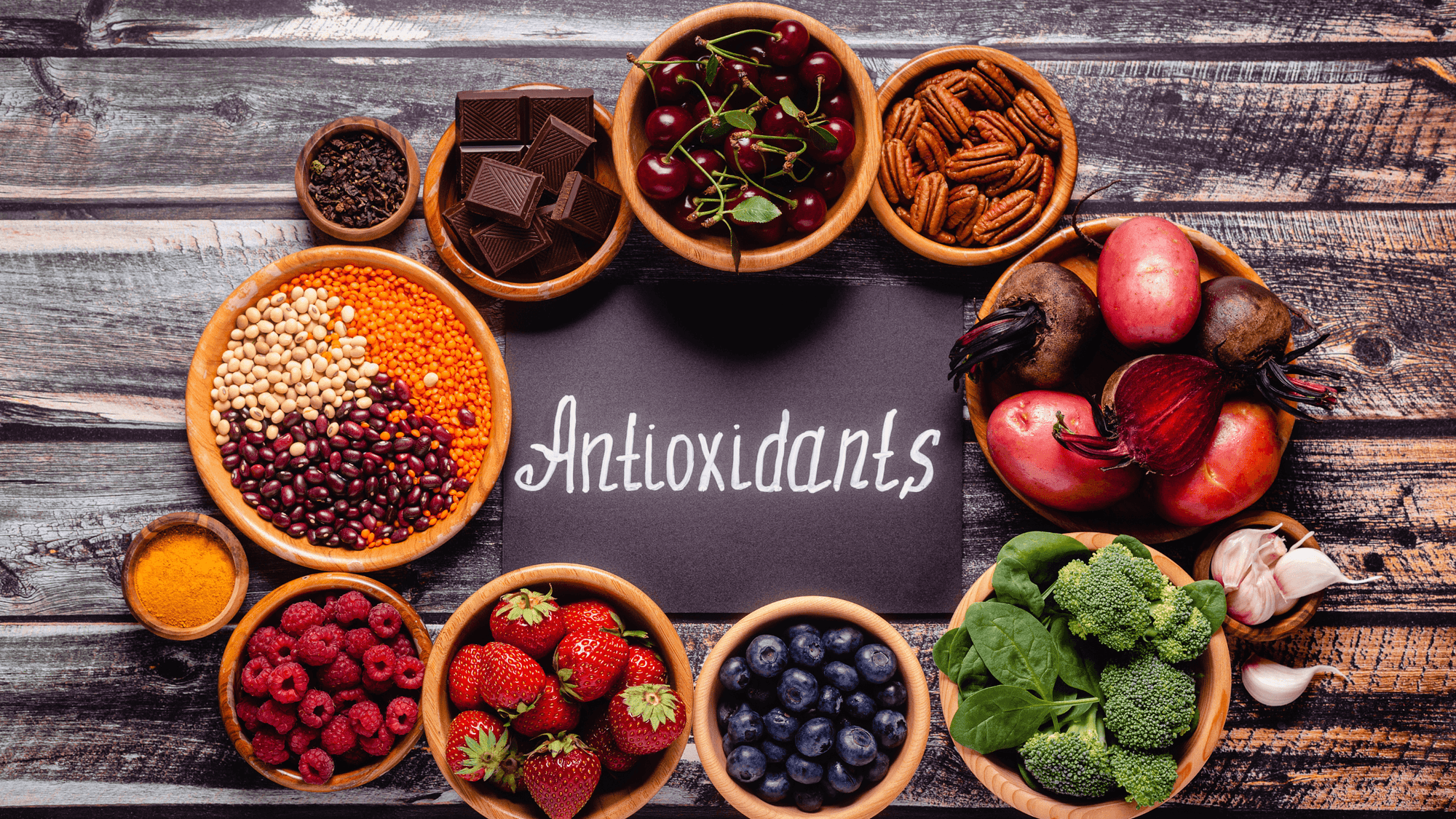We take approximately 25,000 breaths per day, equivalent to over 10,000 liters of air. Breathing is an automatic function for most of us, occurring while we work, play, and sleep, and without our conscious realization. The lungs are vital organs, as crucial as the heart, responsible for respiration and blood production.
The respiratory system supplies oxygen to all body parts, and the lungs are critical in facilitating bodily movement. Like other bodily organs, such as the heart and joints, lungs experience age-related changes over time. A prevailing indication of such physiological alterations is reduced flexibility and strength, which can lead to breathing difficulties.
Notably, lung-related issues tend to exacerbate during the fall and winter seasons. So let's explore how to maintain and enhance your lung health. Here are seven ways to mitigate the risk of lung disease and promote healthy lungs:

1. Don't smoke
You probably already know that smoking increases your risk of lung cancer, but that's not the only disease it can cause!
In fact, smoking is linked to most lung diseases, including chronic obstructive pulmonary disease (COPD), idiopathic pulmonary fibrosis and asthma. Smoking makes these diseases worse. Every time you smoke, you breathe thousands of chemicals into your lungs, including nicotine, carbon monoxide and tar, and these toxins damage your lungs. They increase mucus, making it harder for your lungs to clean themselves and causing inflammation of the tissue. Gradually, your airways narrow and it becomes more difficult to breathe. Smoking also causes your lungs to age faster, and those chemicals can cause otherwise normal lung cells to become cancerous.
According to the CDC, more women die each year from lung cancer than from breast cancer. No matter how old you are or how long you've been smoking, it's in your best interest to quit for good.
According to the American Lung Association (ALA): Within just 12 hours of quitting, the level of carbon monoxide in your blood drops to normal. Within a few months, your lung function begins to improve. Within a year, your risk of coronary heart disease drops to half that of a smoker. And the longer you stay smoke-free, the better.

2. Exercise regularly
Just as exercise keeps your body healthy, regular exercise improves your lung health. When you exercise, your heart beats faster.
Your body needs more oxygen to supply to your muscles, so your lungs increase their ability to move to deliver oxygen while discharging extra carbon dioxide Aerobic exercise can increase your breathing rate from 15 to more than 40 breaths per minute, which provides your lungs with the best possible workout. The more you exercise, the more efficiently your lungs work!
Regular exercise leads to stronger lungs, which can help you fight disease better and even slow down aging.

3. Avoid contact with pollutants
Environmental pollution is getting worse and worse, especially for people living in some big cities, they inhale air containing various pollutants every day, which leads to lung diseases.
When you are young and strong, your lungs can easily resist these toxins. But as you age, your lungs become less resistant becoming more susceptible to bacteria, viruses and harmful pollutants. Unless you don't breathe, it's hard to completely avoid these harmful pollutants. But there are still steps you can take to minimize exposure.
In addition, many people spend more time indoors because of work and school, which also increases the severity of indoor pollution when windows are not regularly opened for ventilation, such as inhaling secondhand smoke. Indoor and outdoor air pollutants such as secondhand smoke, radon, and automobile exhaust can cause or aggravate lung problems. Avoid secondhand smoke, minimize going outside during peak air pollution periods, and open windows indoors frequently to increase indoor air circulation.

4. Frequent hand washing
Wash your hands often to get rid of germs and bacteria that can cause illnesses like pneumonia and bronchitis and make it easier to get lung disease. The American Lung Association suggests washing your hands regularly to promote cleanliness and lower the likelihood of catching an infection. Just by washing your hands, you can avoid many upper respiratory infections. Hand sanitizers with at least 99% alcohol are good backups when you don't have soap and water. Lower alcohol concentrations might not stop many respiratory infections.

5. Deep breathing exercises to increase lung capacity
Deep breathing helps to clean the lungs and encourage a full exchange of oxygen. To verify if deep breathing exercises have a positive impact, a small-scale investigation involved 12 participants who underwent a pre- and post-test for lung function while performing the exercises. The results illustrated a noticeable increase in lung capacity at the two and five-minute marks of deep breathing exercises. The results illustrated a noticeable increase in lung capacity at the two and five-minute marks of deep breathing exercises. Lung capacity is how much air can be exhaled from the lungs.
A study found that taking deep breaths, even for a few minutes, is good for lung function.
How can I do deep breathing exercises?
- You can stand or sit in a relaxed position.
- Then, slowly breathe in through your nose, counting to 4.
- After that, exhale all the air from your lungs, counting to 8.

6. Eat more foods that support healthy lungs
Stress, environmental pollution, poor diet, and unhealthy habits can cause the body to produce more free radicals, which are very unstable and cause inflammation, they are also potentially cancer-causing molecules Damage to lung cells caused by free radicals can lead to lung disease and even cancer. And antioxidant-rich foods help neutralize the free radicals that damage lung cells. An article about an antioxidant diet is available on our website at https://lepulsefit.com/blogs/collection/everything-you-need-to-know-about-antioxidants.
Plant foods, particularly those containing high levels of vitamins C and E, have the most significant amount of antioxidants. Additionally, some animal products contain high levels of antioxidants.

7. Weight control
Maintaining a healthy weight is also important for lung health. When you carry extra body weight, your lungs need to work harder.
Breathing from the chest is shallow, while breathing from the abdomen is deep. You will notice your abdomen rising and falling when doing breathing exercises. Regular deep breathing not only improves lung capacity but also helps to calm your nerves and reduce stress. Give it a try right away.




